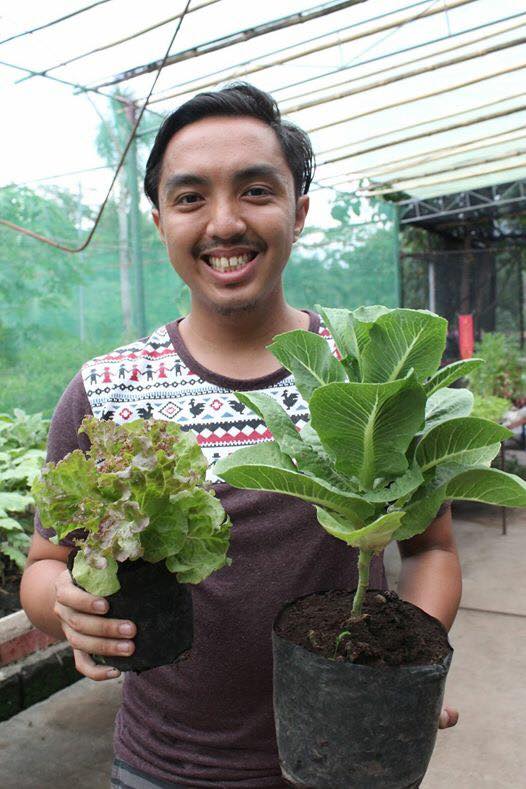
Raphael Teraoka Dacones, 29 Years Old, Vice President For Operations of Teraoka Family Farm
Growing up in a big family, Raphael has always seen Teraoka Family Farm as part of his childhood that shaped his passion for farming later on in life. His grandfather Carlos B. Teraoka established the farm located in Mangatarem, Pangasinan in 1992 as a family vacation house. He further developed the land by planting 5,000 mango trees and later with a poultry livestock business. “In late 2014, plans to venture into the green scene has become a priority for the farm’s operation expansion. As people were getting more conscious with a healthier and greener lifestyle worldwide, organic farming became more popular. Since we had excess land, this gave me the idea to start developing a small portion of land using organic methods to grow food,” shares Raphael.
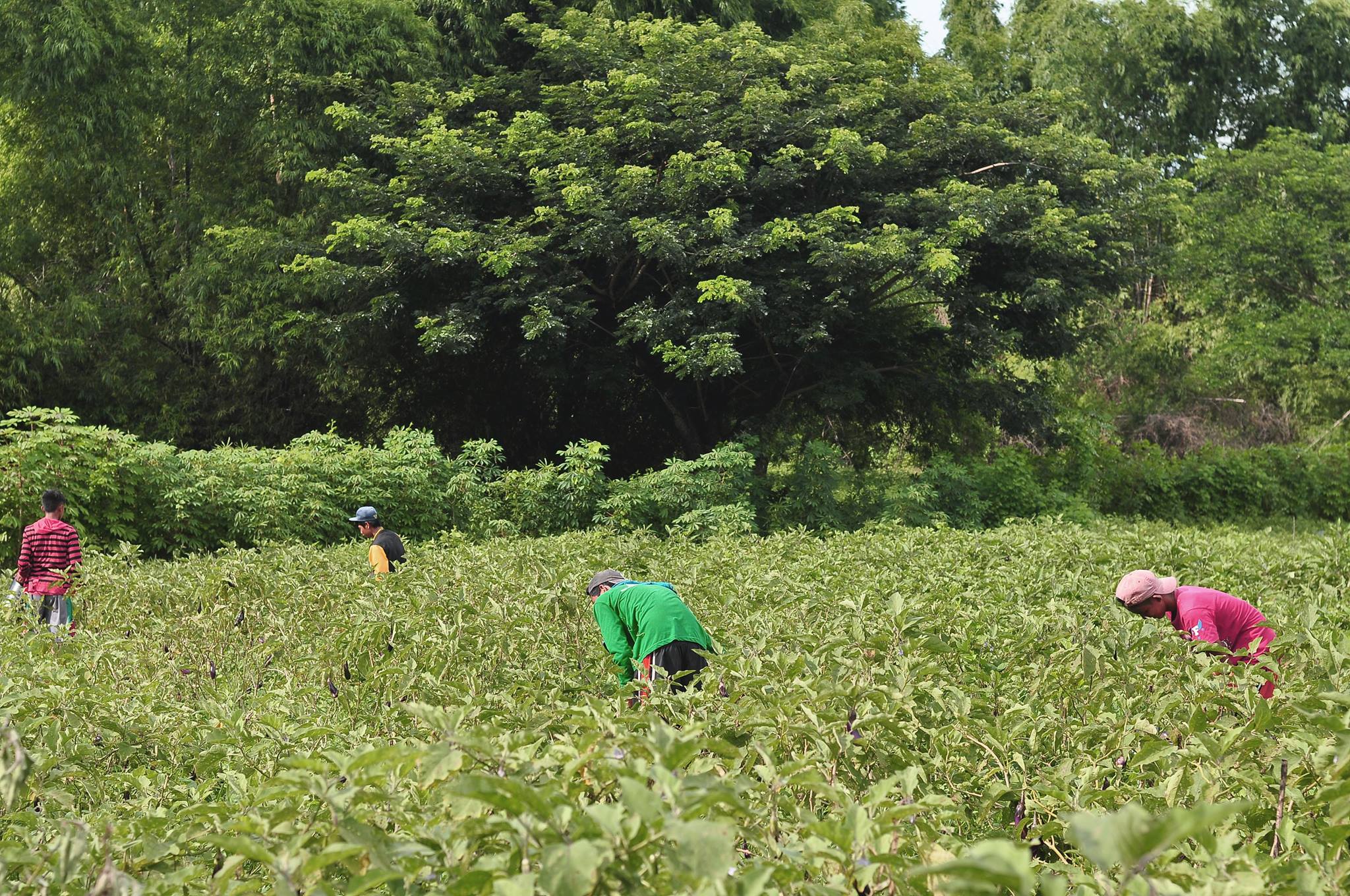
One of Teraoka Family Farm’s missions is to create livelihood opportunities to communities and aid in poverty alleviation
Shifting from traditional farming to organic farming doesn’t just begin with planting food without artificial means. To be certified organic, any residue of synthetics must be eliminated. This requires re-evaluating the soil. Next, organic farmers must ensure the viability of healthy soil through introducing microbes and organic waste before any planting can begin. Furthermore, studying the location’s produce seasonality and working with the weather are all vital to keep the farming practices successful. Despite all this work, it doesn’t stop organic farmers from pursuing their passion that’s nothing short of a calling.
Teraoka Family Farm started as a small business with 500 square meters of land and boomed into a 3-hectare farm. It grows organic leafy greens, salad greens, lowland vegetables, and fruits. The farm aims to create livelihood opportunities to communities and help aid in poverty alleviation. And through their on-going accreditation by the Department of Agriculture – Agricultural Training Institute, they plan to hold seminars and offer farm business school courses to teach farmers become entrepreneurs.
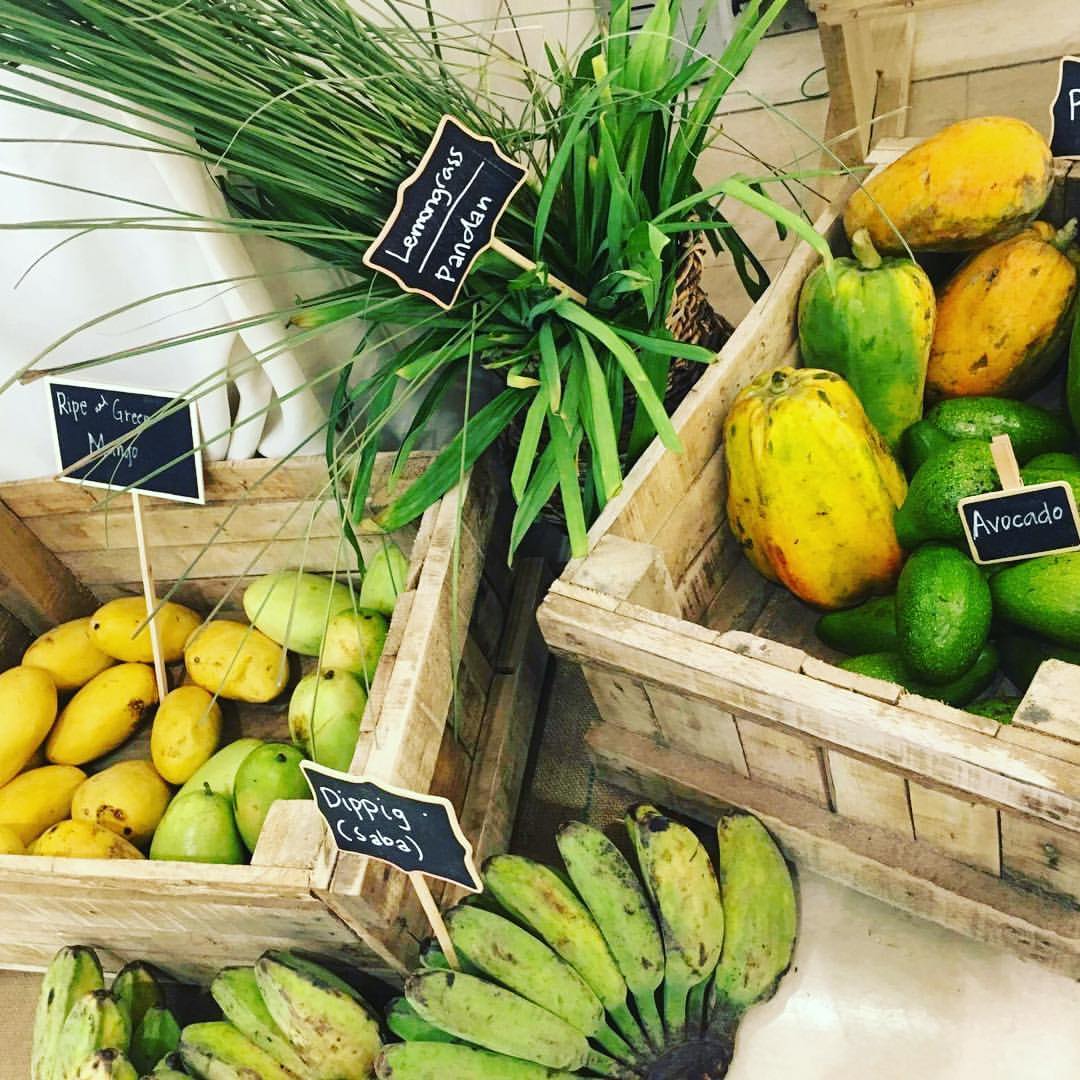
Fresh harvest!
“Experiencing that moment where you see the ‘fruits of your labor’ and knowing where and how these food came about, assures us that it is 100% clean, chemical free, fresh, and healthy! This basic and simple aspect of life needs to be shared with everyone,” Raphael adds, who worked in a design firm in Japan for 3 years before finding meaning in organic farming.
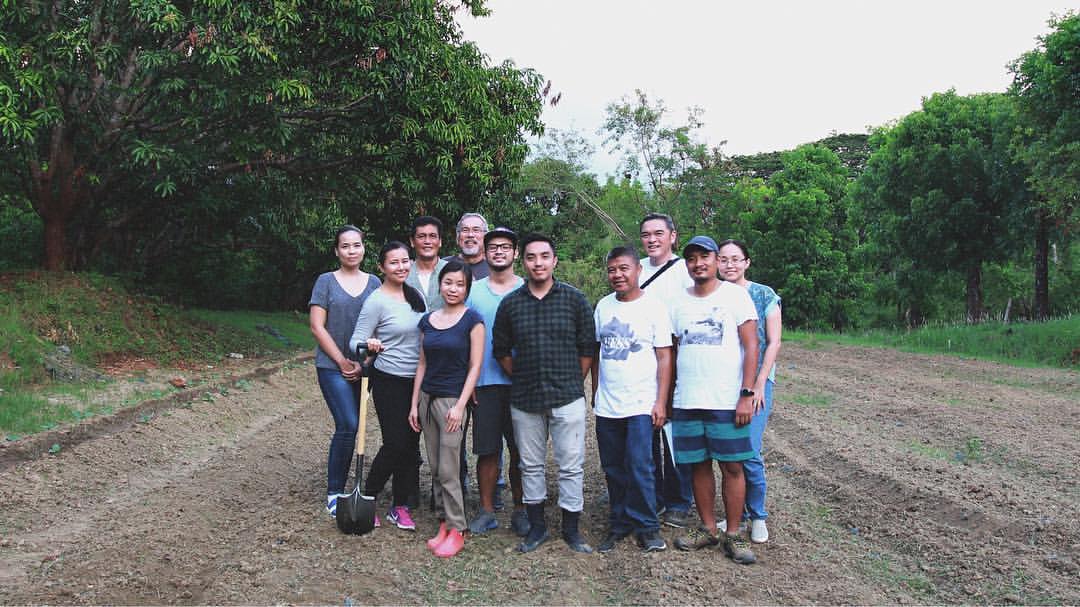
The first batch of graduates of budding farmers from the farm’s first Organic Farming 101 Certificate Course
Despite the challenges such as climate change and high demand with limited supply, the reception to organic produce is a welcome opportunity. “I am really passionate with what I am doing now. I like the idea that I am helping so many people and actually making people be more interested in farming. It’s a very exciting profession. Again, seeing the produce you grow and how people react to it, brings me great fulfilment.”
With Raphael’s close knit family all working in the farm, he believes that it can only grow successfully. He advises, “Keep on learning and don’t be afraid to try new things to further improve!”
To help likeminded individuals learn more, one of Enzo and Raphael’s objectives is to inspire more young people to get into agriculture. Earthbeat Farms regularly holds workshops such as the successful Farmers X Chefs talks and joining Muni Meetup’s well attended forum Feeding The Food Revolution. Teraoka Family Farm recently concluded their first Organic Farming 101 Certificate Course with both young and old enthusiasts. Enzo and Raphael are the poster boys for organic farming and you’ll see them in just about every organic market and workshop in the city. Already, they’re the talk of the industry just for entering into the business at their age and permeating passion affecting everyone they meet.
Want to visit these farms? Get in touch with Earthbeat Farms and Teraoka Family Farm!
(Images from Earthbeat’s Facebook and Teraoka’s Facebook pages)


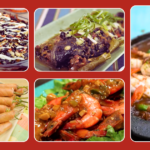


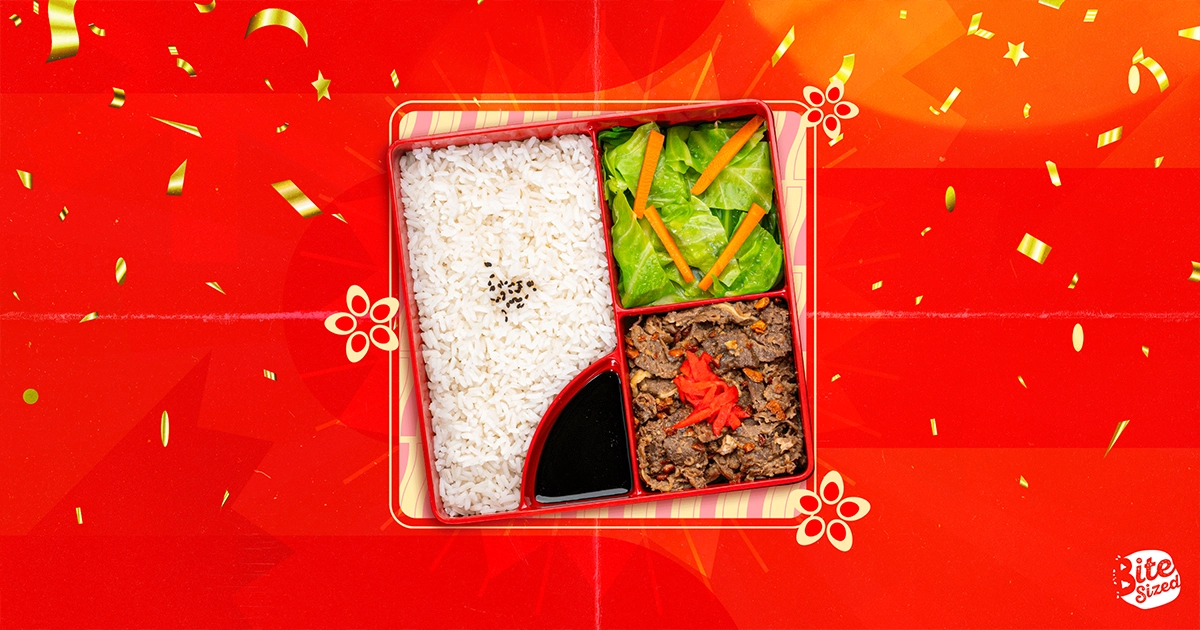

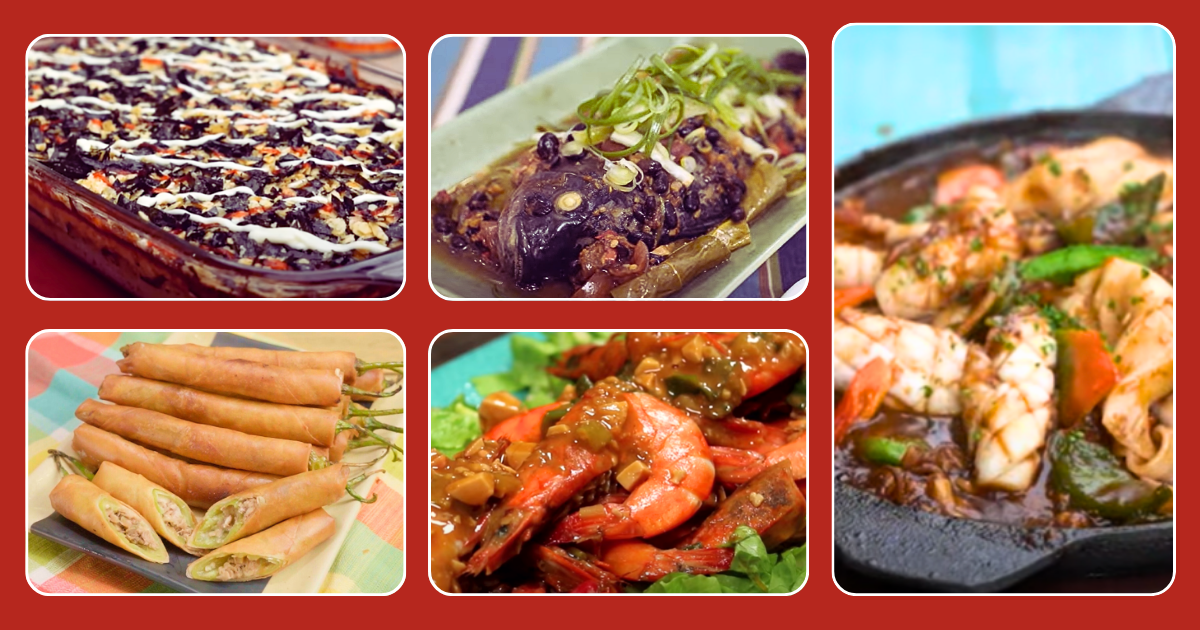
Leave a Reply